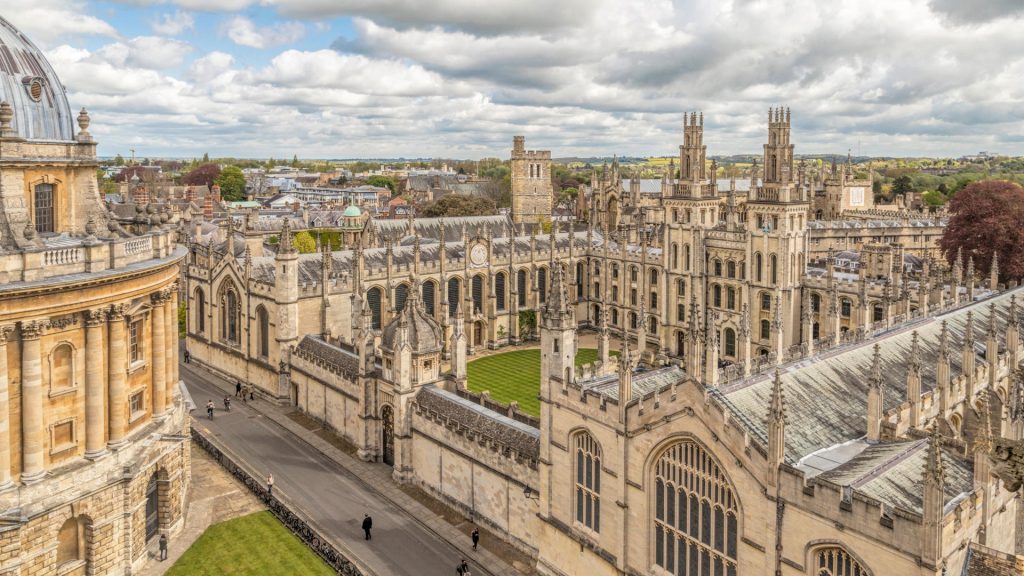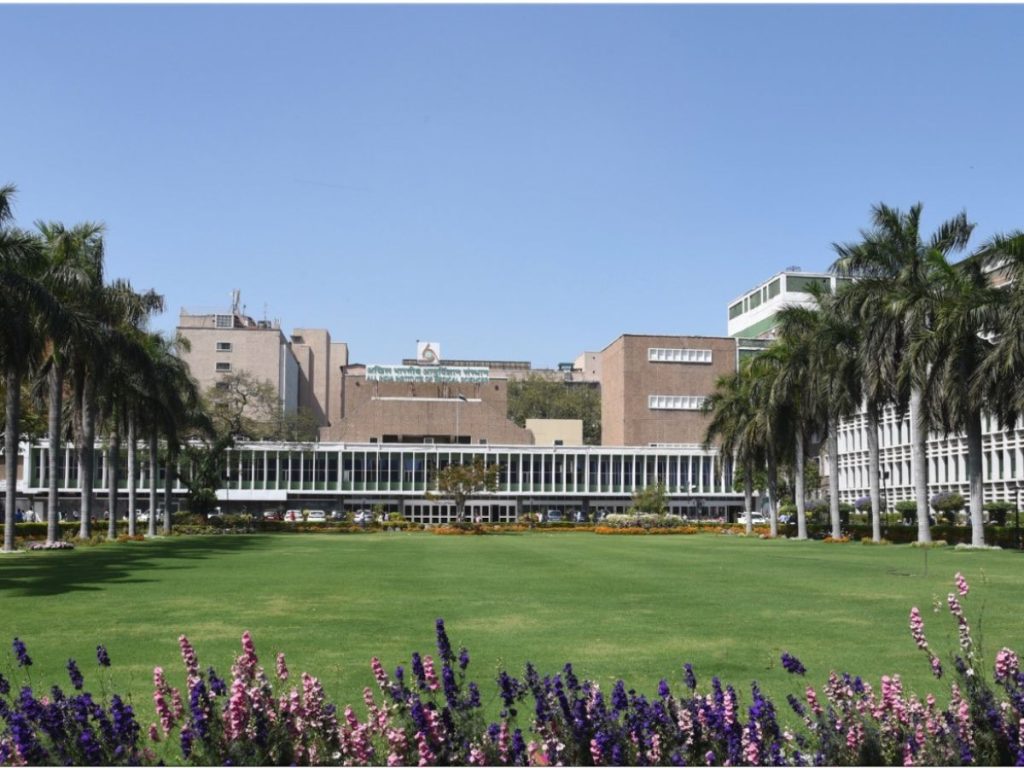Introduction
It is perhaps one of the most important decisions that a budding medical student has to make as they embark on their journey towards becoming a doctor: the selection of a good medical college. However, with a number of prestigious college available for students, it gets confusing because the admission criteria vary significantly among all of them. Here, this article provides an extensive comparison of the admission criteria for top medical colleges, thereby facilitating your appropriate decision-making.
1. General Requirements for Admission to Medical College
The admission criteria of the top medical colleges of the world are really demanding so that the institute gives the seat to the most qualified candidates. Admission process always includes standardized exams, academics, interviews, and sometimes, extracurricular activities. Whether it is a medical school in U.S., India, or even the U.K., studying on admission requirements is going to be the first step towards getting a seat in a prestigious institution.
Admission in MBBS in Government Colleges of India
In addition to the 15% All India Quota (AIQ) seats, the remaining 85% of MBBS seats in government medical colleges are allocated under the state quota system. These seats are available to candidates who are domiciles of the respective states and meet the prescribed eligibility criteria. Each state has its unique admission process managed by the state counseling committee, but the fundamental requirements remain consistent across the country. To secure admission in a government medical college under the 85% state quota, candidates must adhere to the domicile policies and possess the necessary qualifications. This allocation aims to provide equal opportunities to local aspirants and ensure transparency in the admission process. Meeting the eligibility criteria is essential to gain entry into the merit list and avail of the benefits under the state quota.
| Criteria | Details |
|---|---|
| Quota Allocation | 85% of MBBS seats in government medical colleges are reserved under the state quota system. |
| Domicile Requirement | Candidates must be domiciles of the respective state. |
| Eligibility Criteria | Basic requirements for admission include domicile verification and qualifications prescribed by the state counseling committee. |
| Admission Authority | Managed by the state counseling committee for ensuring fair allocation. |
| Purpose of Quota | To provide equal opportunities for local aspirants and ensure transparency in the admission process. |
2. General Admission Requirements Across Top Medical Colleges
2.1 Academic Qualifications
Generally speaking, medical schools around the world require applicants to finish their secondary education with a strong grounding in science courses, including Biology, Chemistry, and Physics. For example:
- Most colleges of medicine in the United States admit students at an undergraduate level but accept others directly from high school through accelerated programs. Importantly, a superior quality GPA of at least 3.5 on a 4.0 scale is very highly recommended.
- In the UK, one usually needs to have done A-Levels with good grades in science subjects. One needs to apply through UCAS to get into medical school.
- In India, one needs to complete higher secondary (12th standard) with core subjects like Physics, Chemistry, and Biology. An aggregate of 50% is required to appear for entrance exams like NEET, though the cut off percentage varies for reserved category students.
2.2 Standardized Tests and Entrance Exams
Most of the best medical colleges demand standardized tests that weigh an applicant’s scientific knowledge, reasoning ability, and the totality of preparedness for taking up medical school. Among these are:
- MCAT (Medical College Admission Test) in the United States is a standardized exam to test knowledge in biology, chemistry, physics, and critical thinking.
- UCAT (University Clinical Aptitude Test) and BMAT (Biomedical Admissions Test) in the U.K. The cognitive abilities, situational judgment, and scientific knowledge are reviewed and assessed by them.
- NEET is basically the standard exam for most medical colleges all over the country; it is held in India. This consists of multiple-choice questions in Physics, Chemistry, and Biology. Follow exams.nta.ac.in for more updates on NEET 2025 exams.

Image by Telegraph India
2.3 Interviews and Personal Statements
While academic qualifications and examination results form a major rationale in this regard, selective schools also take into account other than non-academic criteria. Many organizations-mostly, in the United States and the United Kingdom-insist that the candidates have to go through personal interviews. The committee uses such interviews to gauge the applicant’s capacity to communicate effectively, the emotional intelligence, and motivation to become a doctor.
- US application process often requires a personal statement from applicant schools. It should depict passion for medicine, past experiences, and future aspirations on the part of the applicant. Many schools also check volunteer or clinical experience.
- Well, in the U.K., an interview at some schools is conducted to assess the applicant’s ability to think critically, communicate effectively, and have a deep understanding of medical ethics.
- In India, now most of the admissions are based on NEET scores, although some colleges conduct counseling sessions after the exams to allot a seats.

Image by Zest India
3. Admission Requirement of Elite Medical Schooling Colleges
Now, let’s take a glance at some of the world’s top medical colleges’ admission requirements:
3.1 Harvard Medical School (USA)
Harvard Medical School is among the best health institutions globally. Its requirement is very competitive. Other than scores from the MCAT, one should have a good GPA at undergraduate level. Besides that, one who applies ought to be having significant experience in working either in health or in research, besides a personal statement, letters of recommendation are also required too.

Image by Rus Education
3.2 University of Oxford, UK
For entrance to the University of Oxford, applicants have to score high marks at A-Level examination, especially in Biology, Chemistry, and Mathematics. Apart from the BMAT, Oxford lays much emphasis on the personal interview process. Here, applicants have to reflect their intellectual curiosity, good background with science, and the ability to take up problem-solving discussions.

Image by British GQ
3.3 All India Institute of Medical Sciences (AIIMS), Delhi (India)
AIIMS happens to be one among the top medical colleges in India and undertakes a special process of admission. Then, there is the conducting of entrance exams by AIIMS in addition to the results of NEET exam for determining eligibility. Then, the candidate should prove in the 12th-grade marks. With regard to cut-off marks of AIIMS, that is substantially more than any other Medical College. Therefore, the competition will be very high here. Get clarified over all the queries about NEET preparation on our official website HelpStudyAbroad.com.

Image by Patriot Newspaper
4. Admission Differences Criteria
4.1 Eligibility and Qualifications
While most of the top medical colleges across the globe require a scientific background, the extent of qualification differs. Many of the United States Colleges require a bachelor’s degree whereas in India, direct admission after school level is prevalent.
4.2 Entrance Exams
In the U.S., the MCAT is required, while the U.K. uses UCAT and BMAT, and India has NEET.
4.3 Interview processes
The interview process varies from institution to institution. The first is conducted as a one-on-one interview by Harvard Medical School, while the majority of Indian Institutions use entrance examinations, although a few do hold interviews.
5. Preparing for Medical College Admission
Since the biggest medical colleges are highly competitive, it is truly important to prepare in advance. Here are some suggestions that will help you make it through:
- Academic Focus: Maintain very good high school or undergraduate grades, but do special emphasis on science-related subjects.
- Preparation for Entrance Exams: Devote plenty of time to preparation by studying materials and practicing tests to familiarize yourself with the MCAT, UCAT, NEET, or BMAT formats.
- Gain Relevant Experience: Volunteer at hospitals or clinics. This experience will add significant weight to your application and, in the process, show your commitment to the medical field.
- Work on Your Personal Statement: For schools that require you to produce a personal statement or essay, write a compelling story of why you would want to pursue medicine and must highlight your passion, experiences, and long-term goals.
Conclusion
Choosing the right medical college is a key step. Understanding admission criteria helps you prepare for the challenging process ahead. Whether in the U.S., U.K., or India, each top medical school has its own unique set of requirements. Success depends on your focus, preparation, and ability to refine your strengths to meet top medical colleges’ expectations. By doing so, your chances of being on the list go higher.
In the end, it is only your commitment, dedication, and preparation that will see you through to realizing your dream of studying medicine at one of the world’s greatest institutions. For further queries, visit HelpStudyAbroad.com.



